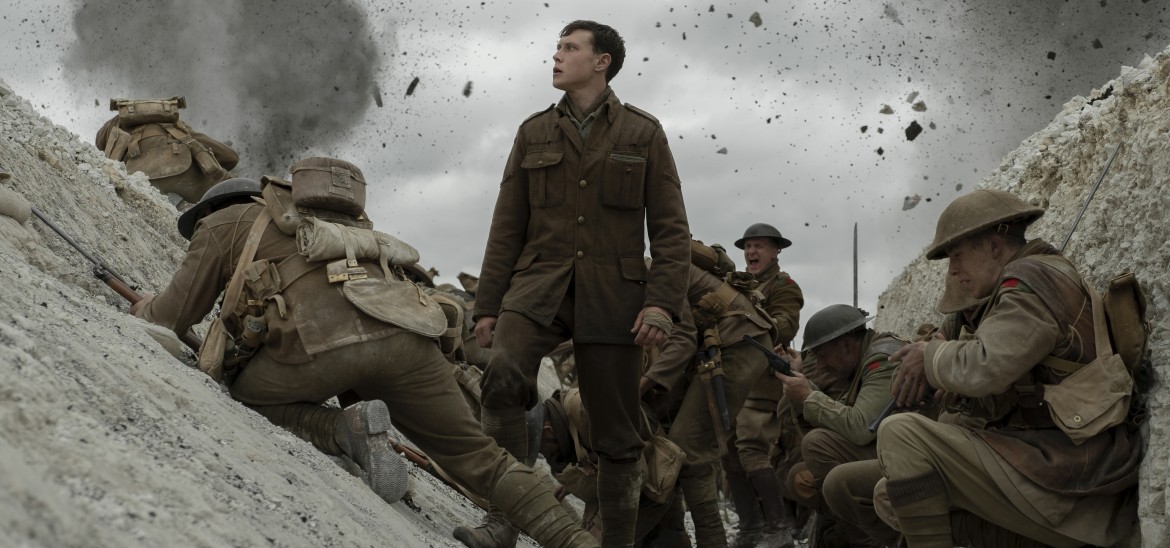Into Film Clubs
Find out everything you need to know about starting an Into Film Club.



Now more than ever, it is important to encourage young people to look back at their history, so they can move forwards with perspective, truth, and determination to not repeat the past.
Without memory, there is no culture. Without memory there would be no civilisation, no future.
Elie Wiesel, writer, professor, political activist, Nobel laureate, and Holocaust survivor.
Film can transport us to other countries, other worlds, and other moments in time. World Wars I and II have long captivated filmmakers in trying to depict that momentous time in our history. Film can provide a useful tool in opening discussions about war and conflict, as we remember - at 11am on 11 November - all those who have fallen in combat. An estimated 37 million people lost their lives in World War I alone (this is around the population size of Canada). We owe much of our freedom to the war effort, and the memory of this serves as a powerful motivation to ensure we advocate peace in our future.
As much as film is an immersive experience, it can motivate action too. While film watching is a fundamentally great way to encourage learning, so too can be encouraging young people to write a response to some archive footage or create their own film to mark remembrance month.
Armistice day this year will be markedly different due to COVID-19 and the varying lockdown restrictions across the UK, so we've put together a collection of resources that can be used either within the classroom or at home throughout the remembrance month of November.
There are many ways you can use archive film to explore how our communities were impacted by war; one great resource is the BFI's Britain on Film website. To complement this, we've created two guides exploring topics including history, geography and media studies, in addition to highlighting themes surrounding urban and rural communities, and historical periods including World War I and World War II.
An option whilst at home could be to encourage young people to get creative in a practical way, and to make their own films. Our Greatest Generation resource explores what life was like between 1930-1960 and suggests how to make an informative and entertaining documentary, while our Making History: Making Movies resource explains what an archive is, why archiving film is so important, and suggests how young people can make their own short film to be part of a new archive for the future.
Making History: Making Movies is particularly relevant for those across the Wessex region, which includes Berkshire, Buckinghamshire, Oxfordshire, Hampshire and the Isle of Wight
Our film lists themed around the two world wars provide inspiration for films that are both entertaining and educationally valuable which can be watched to help young people explore these momentous global events. Into Film Clubs can order these films from our DVD catalogue.
Don't have an Into Film Club? Start one today - it only takes a moment!
Most titles highlighted on the film lists above will have curriculum-linked resources to accompany them. One of our most popular resources around this time of year is linked to 2012's Private Peaceful, and provides an in-depth and collaborative way to commemorate World War I with your students.
More recently, our Bravery and Brotherhood resource uses Wilfred Owen's poem Exposure to compare and contrast with Oscar-winning epic 1917, allowing learners to explore the presentation of time in the two texts using film analysis techniques like storyboarding, sound-on-vision-off and more to help bring the poem's imagery to life.
Viewing 4 of 4 related items.

Find out more about our streaming service, designed specifically for UK schools.